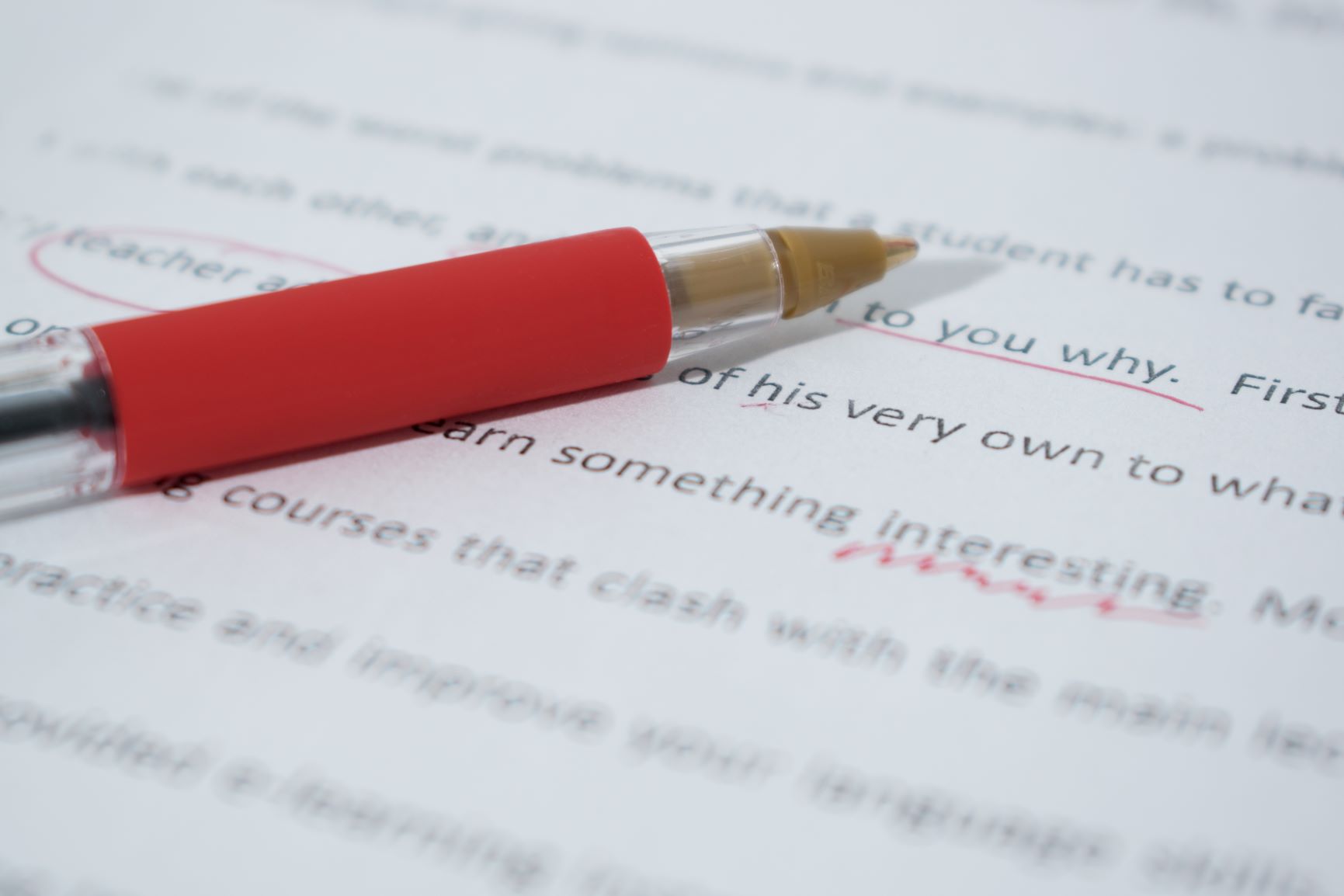
The United Kingdom, spring 2021.
Cafes and restaurants are open again, people are booking those long-awaited holidays, and exams are cancelled! Time to kick back and plan the best summer EVER, right?
No. Not for university students anyway.
Whilst GCSE and A-levels are cancelled (for this year), the higher education summer exam season is very much on. This means that undergraduates and postgraduates alike have a LOT of revision to get through before beach and BBQ season.
Revising effectively over the next few weeks will make all the difference to your final grades, and to your prospects in the competitive, post-pandemic job market.
So, in this month’s article, we share 7 of our top revision tips to help university students revise effectively (and make some time for self-care too).
-
Study past papers
We’ll say it louder for the folk in the back…when it comes to exams, technique is crucial, even more so than knowledge. It doesn’t matter if you memorise the entire syllabus – if your exam technique is poor, your score will suffer.
So, as we enter exam season, your first step is to download and print every single past paper available, even if the syllabus has changed.
Completing past exam papers allows you to refine your exam technique and timing. What’s more, by reviewing previous papers, you can get an idea of which questions come regularly, which means you can structure your revision plan to focus on key topics and revise more effectively.
For more detailed guidance on using past papers, see our study skills course – the link is at the end of this article.
-
Eat well
Get your revision diet right, and your brain will receive all the nutrients it needs to help you revise effectively, get it wrong, and your performance will suffer. The taditional reveision season diet of university students is caffeine, energy drinks, and processed foods. These may give you a quick energy burst, but they won’t help your cognitive functioning. There are plenty of guides to eating sensibly during revision season, but here are some key tips:
- Stay hydrated by drinking plenty of plain water and eating fluid-rich foods such as soups, fruit, and vegetables
- Minimise caffeine
- Avoid cooking with salt as this will leave you more dehydrated
- Choose nutritious foods that are easy to digest
- Exercise portion control and don’t over-eat, because being too full brings on a state of extreme drowsiness that makes studying harder
- Have plenty of healthy snacks available
-
Get organised
Organisation is the key to effective revision, and the first thing you need is a revision plan. Revision timetables help you structure your workload and prioritise key topics, leaving you well-prepared for whatever the exam papers throw at you. It’s easy to become stressed and overwhelmed when you’re revising, but having a plan puts you in control of your learning. Learning to work in a disciplined, efficient way is a skill that will serve you well even beyond university, so think of planning as an investment in your future self.
-
Identify your optimum study times
“One hour of 7pm is not the same as one hour of 7am”.
– Dr Salah Sharief, Wordsmiths Director.
There will be times of day when you learn more effectively, and times when you don’t. Dr Sharief’s most productive study time is the early morning, whilst Liz, from our digital content team, is always more focussed in the evening. You’ll achieve far more if you study when your focus is highest, so identify when those times are, and plan your revision timetable accordingly.
-
Take a break
Taking a break is important. Research suggests that employees in the workplace perform most effectively when they work for 50 minutes, then take a break of around 17 minutes. That’s true of university students too. So, split your revision into 50-minute sessions, taking a 15–20-minute break in between each session. You could use the break to practice a bit of self-care (such as meditating or having a long shower) or simply rest and refocus your brain for the next session.
-
Get active
Fun fact: exercise helps you learn more effectively. That’s because the physiological effects of exercise can improve various cognitive functions, including such as memory and attention span.
The gyms are open again, but don’t worry if you’re not an exercise junkie – a gentle walk and some simple stretches will keep your brain primed for effective revision. You could even try doing a bit of cleaning (our Mothers made us write that). Leaning is a well-known work avoidance tactic – it’s no coincidence that student’s rooms are never tidier than when they have a deadline! We don’t mean a full spring-clean, even doing a bit of vacuuming will get you up and moving. Plus, if your workspace is clean and tidy, you’ll be more relaxed and less distracted, so you’ll learn more efficiently.
-
Plan something nice
Much as it’s important to stay on-task with your learning, treating yourself matters too. So, practice self-care and plan a treat for yourself. You could meet a friend for lunch, book a hair or beauty treatment, or go get a takeout coffee (and maybe a cake, we’re not judging).
Planning a treat has two benefits: it lifts your spirits whilst also making it easier to stick to your study timetable. after all, it’s easier to say no to spontaneous invites if you’ve already got social plans booked for later in the week.
Looking for more in-depth advice on revision?
Wordsmiths has you covered. Our downloadable study skills manual – Mastering Study -was designed with university students in mind. It contains extensive advice on using past exam papers, refining your exam technique, and getting prepared for exam day itself. When it comes to exam technique, one size doesn’t fit all, so the manual includes differentiated exam guides for STEM and humanities students. What’s more, for those who also have end-of-term papers to submit, there’s a handy guide to essay writing.
Wordsmiths is a UK-based editing company that provides comprehensive academic proofreading and editing services. If you have end of year assignments or a dissertation to submit, why not let us help you? Our editorial team can refine your document and get it ready for submission, leaving you with more time to focus on the all-important revision. To book an editor, contact us on info@wordmsiths.org.uk.
Subscribe to our newsletter to receive more of our tips on writing and studying. You can also find us on Facebook and Instagram.





